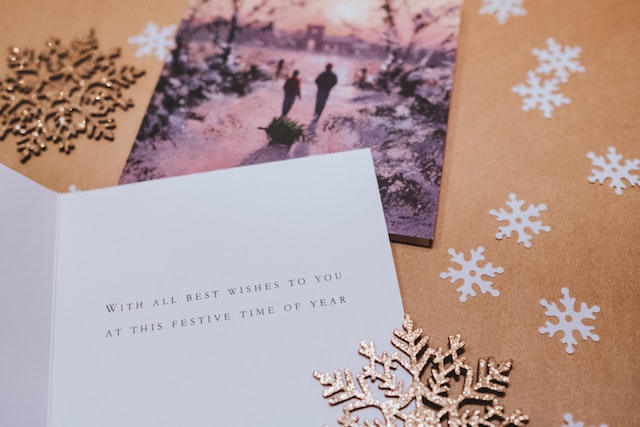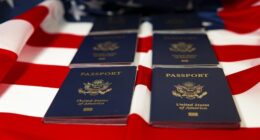Greetings are usually shorter and less formal than wishes. They are used to greet someone or to start a conversation. Wishes are usually longer and more formal. They are often used to express good tidings for someone’s future.
Greetings
Greetings are generally used to mark the beginning of a conversation or email. Greetings tend to be more formal than wishes. They can also be more specific, such as “Good morning” or “Happy birthday. Greetings are typically directed at a specific person or group of people.
Wishes
Wishes are more informal, they are more likely to be used in personal or informal contexts. Wishes are usually reserved for special occasions. For example, you might say “Happy Birthday!” as a wish. Wishes are more personal, are often saved for special occasions, and can be longer and more detailed.
Examples for greetings and wishes
There are many different ways to greet someone, but they all have one common goal: to make the other person feel welcome. Wishes, on the other hand, are more about showing you care and want the best for the other person.
Here are some examples of greetings:
-Hi, how are you?
-Good morning/afternoon/evening!
-Hey there!
And here are some examples of wishes:
-Have a great day!
-Enjoy your weekend!
-I hope everything goes well for you.
How to use greetings and wishes correctly
Greetings are generally used to welcome someone or to show appreciation, while wishes are typically made with the hope that something good will happen.
Knowing how and when to use greetings and wishes correctly can be tricky, but it’s important to get it right. Here are some tips:
-When greeting someone, make sure to use an appropriate level of formality. For example, if you’re meeting a potential client for the first time, using a more formal greeting like “Good morning” or “Nice to meet you” would be appropriate. However, if you’re greeting a friend or family member, a less formal greeting like “Hey” or “What’s up?” would be fine.
-When wishing someone well, again make sure to use an appropriate level of formality. If you’re wishing a colleague luck on an important presentation, saying something like “Good luck” would be fine. But if you’re wishing your best friend happy birthday, something more personal like “I hope you have a great day” would be better.
-Keep in mind that some greetings and wishes can have different meanings in different cultures. For example, in some cultures it’s considered rude to wish someone good luck before they embark on a new venture.
Can you just say best wishes?
When it comes to well-wishes, there are a few different phrases you can use. “Best wishes” is one of the most common phrases used to express good luck. It can be used for a variety of occasions, such as when someone is embarking on a new adventure or taking on a new challenge. If you want to convey your sincere best wishes for someone, this phrase is a great option. Another similar phrase is “all the best”. This phrase can also be used in a variety of situations and conveys your positive sentiments towards the person. No matter what phrase you choose, simply conveying your best wishes to someone is always appreciated.
Photo by freestocks on Unsplash









